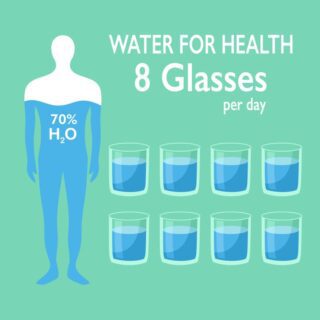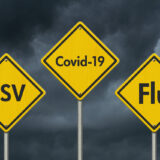How Do I Know If I Have a Concussion?

What is a concussion?
A concussion is a type of traumatic brain injury (TBI) that is caused by the brain moving rapidly back and forth within the skull. Falls are the most common cause of a concussion. They are more common in contact sports such as football, soccer, or lacrosse where there are more incidents of bumps or blows to the head. Athletes should not return to play after suspected concussion. While concussions might be considered a mild brain injury, there can be serious effects.

Signs and symptoms of a concussion
Symptoms can last for days or weeks after an event to the head. Signs can be subtle and might not occur immediately after experiencing a head trauma. Some signs and symptoms can include:
● Headache
● Tinnitus- ringing in the ears
● Nausea and vomiting
● Fatigue or drowsiness
● Blurry vision or “seeing stars”
● Amnesia or confusion around the causing event
● Temporary loss of consciousness
● Excessive crying in a young child following an event
When to be seen by a medical professional
You should seek emergency care after a head injury when there are symptoms such as persistent nausea and vomiting, loss of consciousness lasting more than 30 seconds, headache that worsens over time, blood draining from the ears or eyes, weakness, persistent confusion, convulsions, or symptoms that worsen over time. Even if emergent care isn’t required, you can see a doctor within 1 to 2 days to be evaluated. The injury to your brain can cause bleeding in or around your brain which causes the symptoms. Bleeding in your brain can be fatal.
Complications of concussions
● Post traumatic headache or vertigo
● Post concussive syndrome- occurs in 15-20% of people, symptoms can persist longer than 3 weeks
● Second impact syndrome- experiencing a 2nd concussion before a 1st concussion resolves can cause rapid and sometimes fatal brain swelling
Summary:
- Concussion Definition: A concussion is a type of traumatic brain injury (TBI) caused by the rapid back-and-forth movement of the brain within the skull. Falls are a common cause, especially in contact sports like football, soccer, or lacrosse.
- Signs and Symptoms: Concussion symptoms can last days or weeks and may include headache, ringing in the ears, nausea, fatigue, blurry vision, amnesia, temporary loss of consciousness, and excessive crying in young children.
- When to Seek Medical Attention: Emergency care is necessary for persistent nausea and vomiting, loss of consciousness over 30 seconds, worsening headaches, blood draining from ears or eyes, weakness, persistent confusion, convulsions, or symptoms worsening over time. Evaluation by a doctor within 1 to 2 days is recommended even if emergency care isn’t required.
- Complications of Concussions: Complications include post-traumatic headache or vertigo, post-concussive syndrome (affecting 15-20% with symptoms lasting over 3 weeks), and second impact syndrome, where a second concussion before the first resolves can lead to rapid and potentially fatal brain swelling.

This article reviewed by Dr. Jim Liu, MD and Ms. Deb Dooley, APRN.
There’s nothing more important than our good health – that’s our principal capital asset.
#medical #telehealth #umedoc










